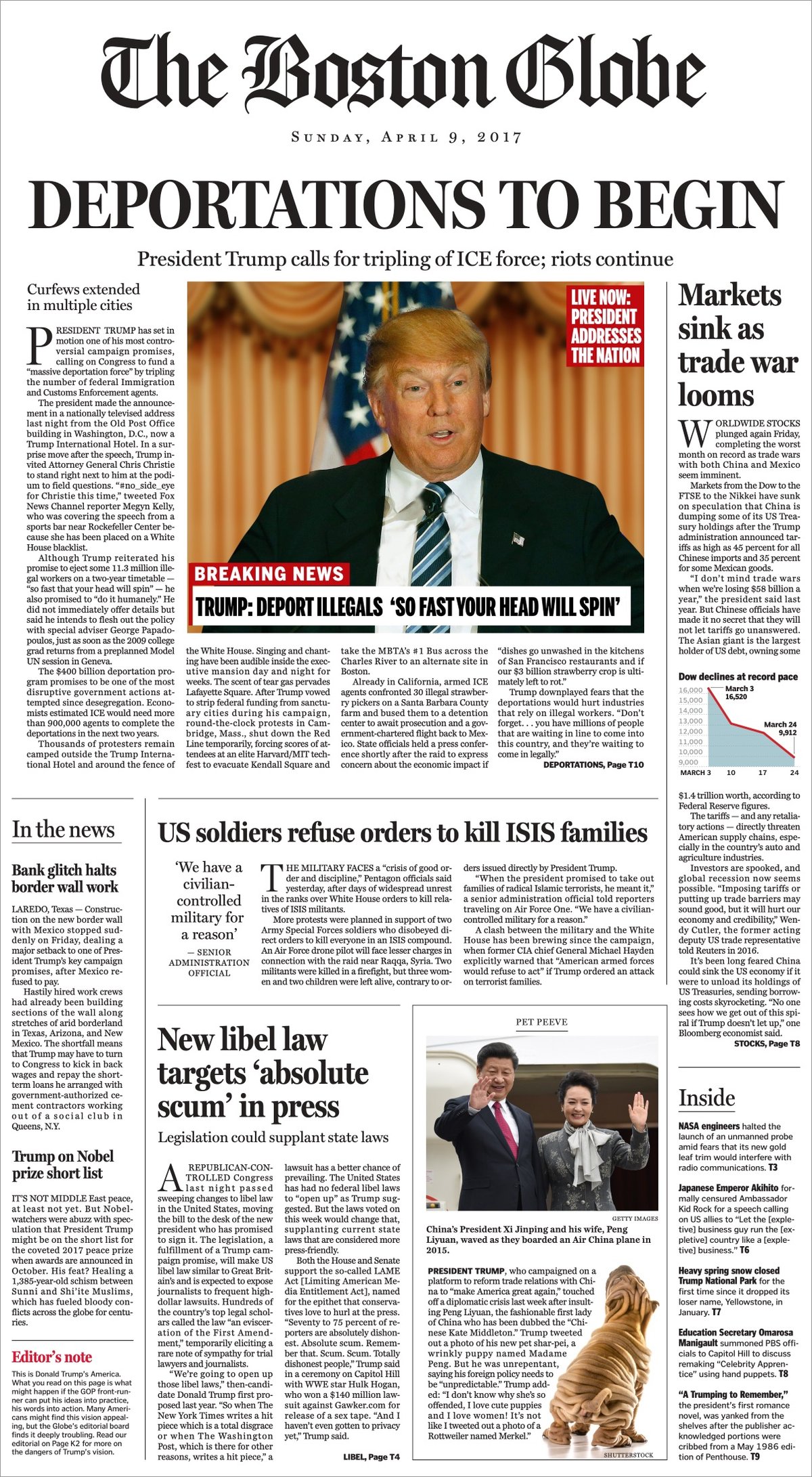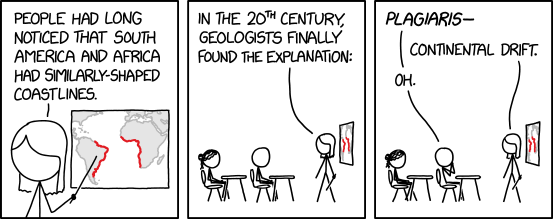

When Slovakian builder brianbrickster first started sharing medieval LEGO creations, the stonework and siege weapons were impressive. Over the years, with skills honed in the trials of Brickscalibur and the Summer Joust, Brian has become a true artist of castle creations. His latest is a breathtaking display of forced perspective. The transition from minifig to microscale is miraculous. The brick-built sky gives the immersive scene the air of a painting.

Speaking of paintings, Brian has played with perspective before. Created for 2024’s Summer Joust, here the builder creates a whole world inside the ornate picture frame.

Here is another masterpiece of playful perspective where a microscale castle is reframed as a stone sculpture. It’s a beautiful idea, perfectly executed, with incredible detail in the stonework.

Brian plays with a mix of scales again with this cozy cottage emerging from a book on a table. The level of detail in the tiny cottage is commendable on its own, but the detail on the table rewards a closer look too!

Going back further, we present Brian’s very first microscale creation, and what a wondrous build it is. The castle alone is a stunner, but the drama of the meteor hurtling towards impact makes it terrifying and transcendent. My favorite touch is the water spilling out of the circular base, another playful example of the blurring of subject and frame.

Even Brian’s more straight-forward builds use perspective and composition in compelling ways. Take for example this teetering tower where construction continues atop a castle built on a narrow dungeon where orcs patrol. The mix of construction, nature, and sheer verticality turns a fun castle vignette into an immersive surreal scene.

This microscale kingdom showcases Brian’s eye for composition again, with such lovely asymmetry in this enchanting kingdom split by water and united by a fragile bridge.

The post For brianbrickster, making magic in medieval LEGO is a matter of perspective appeared first on The Brothers Brick.
One of the great paradoxes of productivity is that doing more often results in doing less.
This is particularly true for folks with busy ADHD brains.
Hustle-and-grind culture and just “forcing yourself to push through it” on tasks is a quick path to a rapid drop in both output and quality, and eventually leads to burnout.
Four or five good hours of work is often far more impactful than eight.
ADHD brains often have a million ideas bouncing around in them, like a lottery machine. Time spent “being lazy” is like turning the machine off for a bit. It gives the balls time to settle down in new and interesting places, and often leads to novel breakthroughs.
Without that rest, you’re trying to solve problems by grabbing random balls as they fly all around you.
Now, “rest” may literally mean doing nothing, but it could also be active rest. Either way, it can help you fall into a state of flow or hyperfocus.
I’ll leave you with wise words from the great philosopher Kunu…
The less you do, the more you do.
Like this? A Lean Web Club membership is the best way to support my work and help me create more free content.








Voice artist Lisa Davis behind the scenes on 101 Dalmatians with animators Eric Larson and Frank Thomas
On April 9, 2016, several months before Donald Trump was elected President for the first time, the Boston Globe ran an editorial entitled “The GOP must stop Donald Trump”.
Donald J. Trump’s vision for the future of our nation is as deeply disturbing as it is profoundly un-American.
It is easy to find historical antecedents. The rise of demagogic strongmen is an all too common phenomenon on our small planet. And what marks each of those dark episodes is a failure to fathom where a leader’s vision leads, to carry rhetoric to its logical conclusion. The satirical front page of this section attempts to do just that, to envision what America looks like with Trump in the White House.
It is an exercise in taking a man at his word. And his vision of America promises to be as appalling in real life as it is in black and white on the page. It is a vision that demands an active and engaged opposition. It requires an opposition as focused on denying Trump the White House as the candidate is flippant and reckless about securing it.
As part of the editorial, they imagined a Globe front page one year into a future Trump presidency:

Some of the headlines read “Deportations to Begin: President Trump calls for tripling of ICE force; riots continue” and “Markets sink as trade war looms”. They may have gotten the timeline and some of the details wrong, but many of the Globe’s fake headlines now read as tame.
In his second term, Trump has removed any pretense of governing and is full steam ahead on indulging his bigotry, filling his coffers, playing Big Boy Diplomat, and replacing the American system of democracy with a conservative authoritarian government. And as the editorial notes, all you had to do to predict it was to take Trump at his word. (via @epicciuto.bsky.social)
Tags: Boston Globe · Donald Trump · journalism · politics · USA

